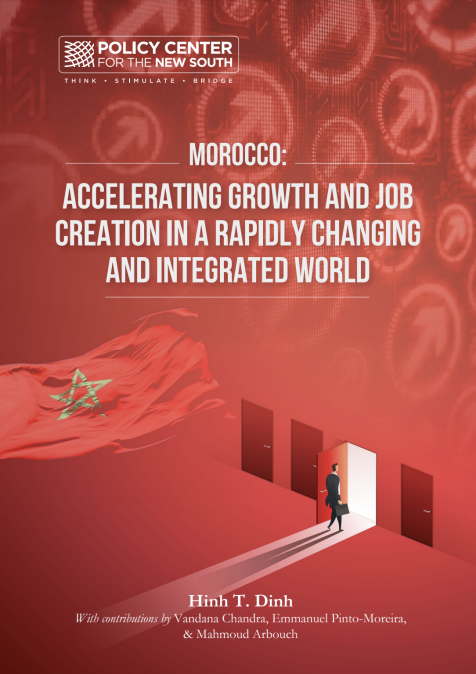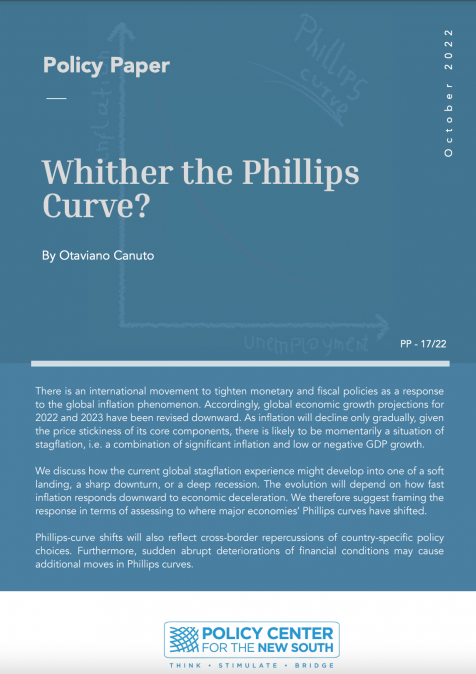Publications /
Book / Report
This book aims to address job creation in Morocco in the context of a new export-driven growth model. Prior to the COVID-19 pandemic, the unemployment situation in Morocco was serious, particularly among young people. Morocco’s competitive edge in the global market had been eroding, especially in labor-intensive, low-wage industries that typically create large numbers of jobs. The COVID-19 pandemic has created further setbacks to the economy in 2020 and beyond, including a collapse in economic growth and worsening unemployment.
At the same time, fundamental transformations in the international environment in recent decades have had profound implications for what Morocco can produce and export to the world to create jobs. These factors include fierce competition from low-income and lower middle-income Asian and Sub-Saharan African countries in labor-intensive manufactured goods; widespread presence of global supply chains which dictate what local firms can or cannot manufacture for Morocco’s medium- and high-tech sectors; accelerating digitization and automation which have led to the displacement of workers by machines in industries as simple as footwear and as sophisticated as automobiles and aircraft assembly.












